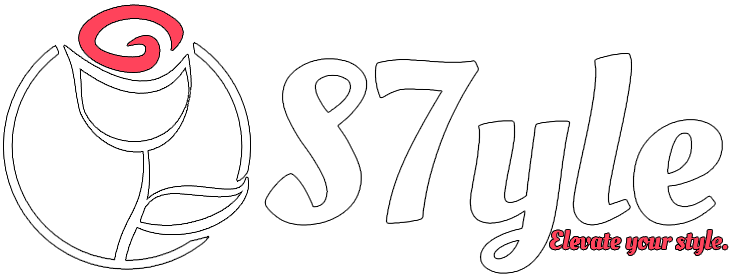Welcome to Ask a Derm, a collection from SELF by which board-certified dermatologists reply your urgent questions on pores and skin, hair, and nail well being. For this installment, we tapped Shasa Hu, MD, the director of the beauty division on the College of Miami Dr. Phillip Frost Division of Dermatology and Cutaneous Surgical procedure. Her specialties embody pores and skin most cancers detection and remedy, considerations of getting older and ethnic pores and skin, and pores and skin rejuvenation.
With some skincare components, timing is every thing: Tretinoin is simplest at evening, for instance, since gentle publicity may cause it to degrade. And you need to intention to use sunscreen at the least quarter-hour earlier than you head out the door so it could totally take up (and maintain you totally protected).
One other timing tip we’ve heard from derm after derm: Slather on vitamin C serum within the morning, since, as a topical antioxidant, it could assist protect your pores and skin from environmental aggressors like UV rays and air air pollution. So after we began seeing a bunch of individuals on SkinTok breaking this golden rule and utilizing vitamin C of their night skincare routines, we have been slightly judgy at first—Uh, they’re doing it flawed. However then we bought curious: Is there any profit to utilizing the all-star antioxidant at evening? We requested Shasa Hu, MD, board-certified dermatologist and affiliate professor on the College of Miami Miller College of Drugs, to weigh in.
Seems, it’s not a completely pointless transfer. For those who apply vitamin C at evening, you’ll nonetheless reap a few of its rewards, Dr. Hu tells SELF—particularly, its skill to assist scale back hyperpigmentation and improve the manufacturing of collagen, a protein that retains pores and skin agency and minimizes wrinkles. However utilizing it within the night isn’t the neatest transfer, both.
Again to these antioxidant perks we talked about above: A well-formulated vitamin C serum primarily neutralizes free radicals—unstable molecules your physique creates in response to environmental hazards like air pollution (together with cigarette smoke) and UV radiation from the solar—which may harm your pores and skin and hinder its skill to restore itself. Consequently, utilizing a vitamin C serum within the morning may help stop sunburn (significantly if it additionally contains vitamin E, one other standout antioxidant) and curb DNA harm from UV publicity, Dr. Hu says. It’s not an alternative to SPF by any means, she provides, however “making use of vitamin C underneath sunscreen is like including a booster to provide your pores and skin further, all-day safety in opposition to UV harm.”
Daytime-specific advantages apart, there are additionally a few good causes you would possibly wish to skip vitamin C earlier than mattress. For one, for those who use different potent actives in your night routine, including one other sturdy antioxidant to the combo will be irritating, Dr. Hu says. Making use of vitamin C similtaneously retinol or an AHA like glycolic acid, for instance, could also be too intense and result in reactions like redness, stinging, dryness, and peeling—particularly when you’ve got delicate pores and skin.
Plus, whatever the different components in your routine, for those who use vitamin C within the morning and at evening this double dose can equally harm your pores and skin barrier and make your face freak out, she provides. (On that be aware: If you wish to err on the mild aspect, Dr. Hu says tetrahecyldecyl ascorbate is a much less irritating kind of vitamin C in comparison with L-ascorbic acid, the purest however strongest kind.)
To sum up Dr. Hu’s recommendation, whereas there’s nothing inherently flawed with making use of vitamin C at evening, it makes far more sense within the morning. And since we subscribe to the WWDD (what would dermatologists do?) philosophy round right here, we’re going to observe her lead: “I personally use vitamin C within the morning solely as a result of I discover skincare is extra of a marathon than a dash—gradual and regular over time offers one of the best ends in the long term!”
Associated:


